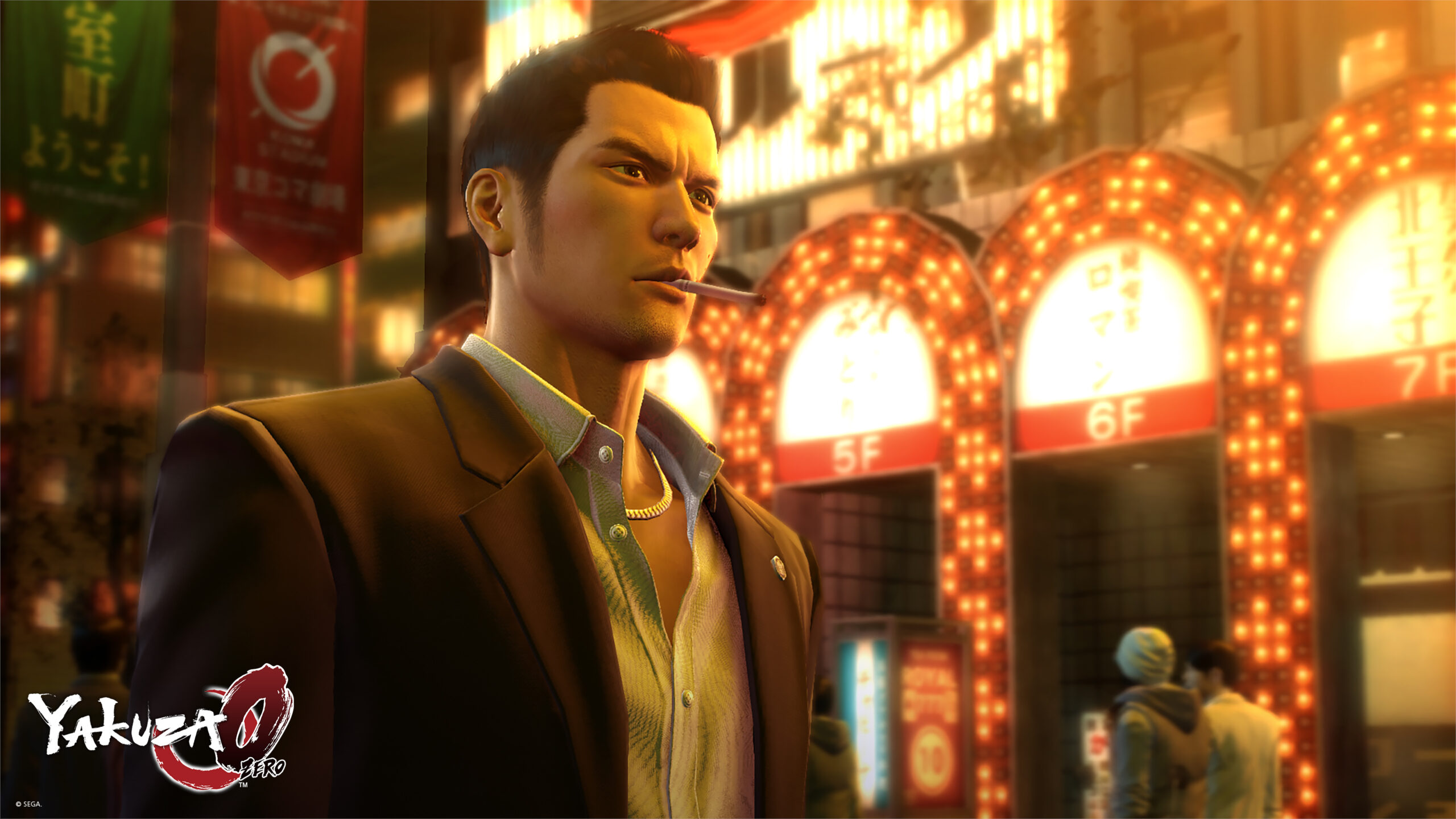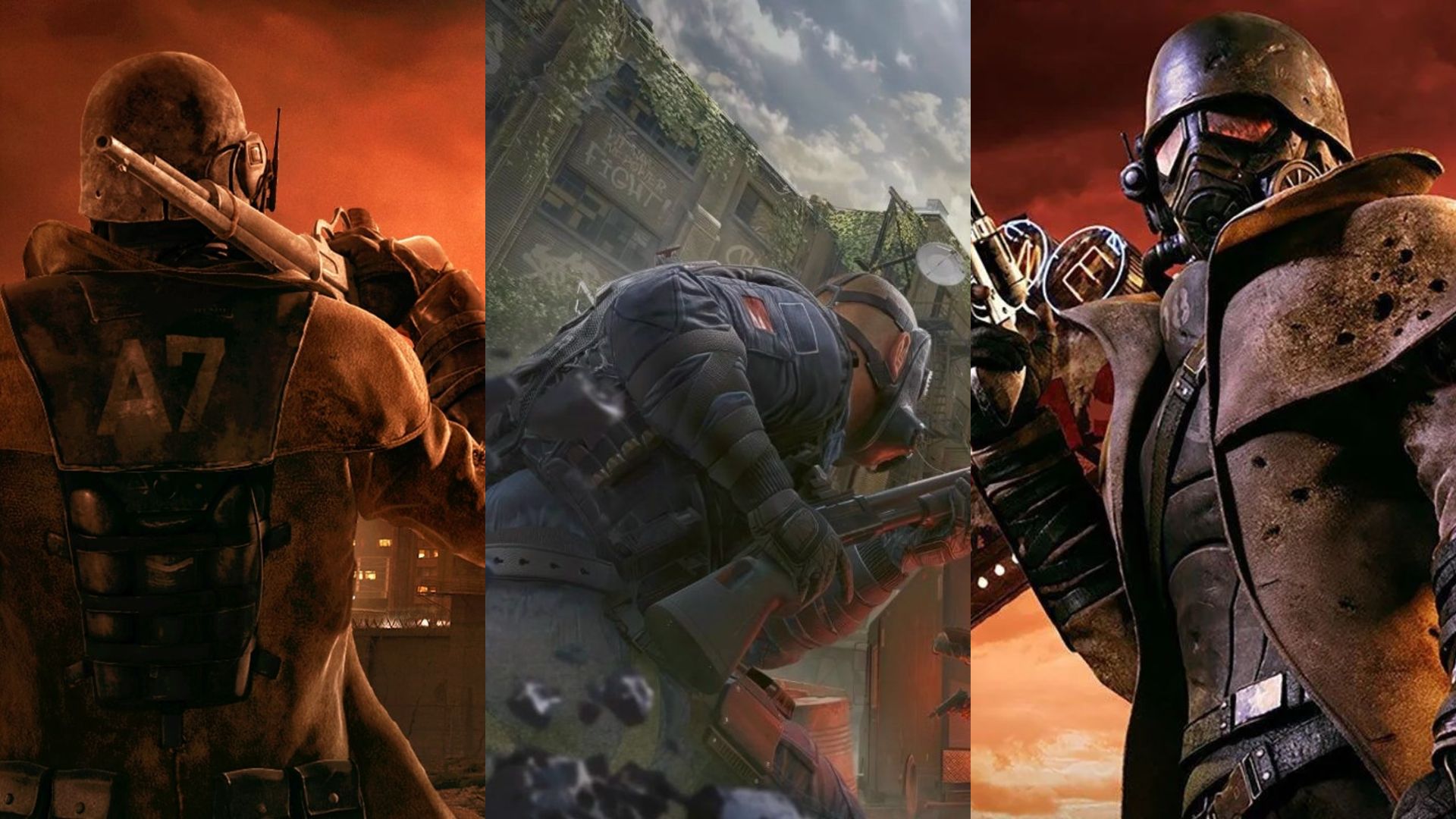- The Yakuza series first debuted in 2005, but Sega rejected two pitches from series creator Toshihiro Nagoshi.
- He explained that the gaming giant wanted projects with mass appeal, and it thought Yakuza would not be popular among children or women.
- Today, this series is among Sega’s biggest IPs.
The Yakuza franchise stands as one of Sega’s biggest IPs today, appealing to both Western and Japanese audiences.
Through an exciting blend of compelling stories, goofy side missions, and memorable characters, this franchise has only grown in popularity since its original debut nearly twenty years ago.
However, Sega did not immediately see this potential. As series creator Toshihiro Nagoshi recalls, the gaming giant initially rejected multiple pitches for this series, fearing it would not appeal to the masses.
Why it matters: This story highlights how various excellent ideas can often go to waste in the industry.

According to Toshihiro Nagoshi, the Yakuza franchise was pitched to Sega when the studio was struggling with its games.
As a result, any future game would be greenlit based on its potential success. However, the Yakuza franchise would not immediately come to mind when considering a game with inherent mass appeal.
As reported by Automaton, Toshihiro Nagoshi confirmed that Sega was not impressed by his first pitch at all.
Of course, it was flat-out rejected. Children wouldn’t be able to play it, and it wasn’t catered to women nor overseas audiences.
-Toshihiro Nagoshi
The series creator then clarified that it wasn’t until the third pitch that Sega finally greenlit development. Looking back at this franchise, perhaps Sega’s concerns were well-placed.
The initial games were not the biggest hits in the West, and it wasn’t until the likes of the phenomenal Yakuza 0 and the more recent modern entries that Western audiences turned to this series for its unique qualities.
In 2024, Like A Dragon: Infinite Wealth became this IP’s fastest-selling entry to date, contributing to the major success of Japanese games this year.
Yakuza has also become famous through meme culture today, and Kazuma Kiryu hardly needs an introduction. These elements have made the franchise a huge part of modern pop culture.
Ultimately, Sega made the right call, and Toshihiro Nagoshi deserves credit for not changing the game’s vision too drastically. Perhaps this series would not exist as we know it today if the developer had not been able to convince Sega two decades ago.
Thank you! Please share your positive feedback. 🔋
How could we improve this post? Please Help us. 😔
[Senior News Reporter]
Avinash is currently pursuing a Business degree in Australia. For more than 5 years, he has been working as a gaming journalist, utilizing his writing skills and love for gaming to report on the latest updates in the industry. Avinash loves to play action games like Devil May Cry and has also been mentioned on highly regarded websites, such as IGN, GamesRadar, GameRant, Dualshockers, CBR, and Gamespot.




